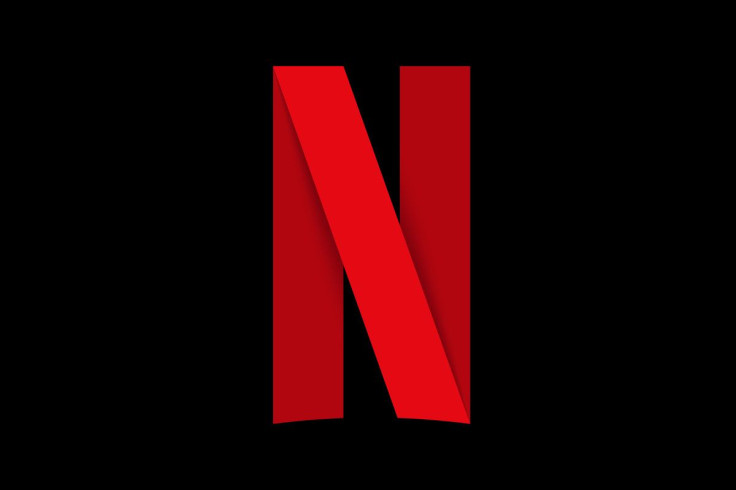Over the last five years or so, home media seems to be the most frequently cited reasoning for the general decline in box office figures. Watered by the renewed interest and respectability of television shows, the accessibility afforded users through streaming services, namely Netflix, has increasingly made that position harder to flout. I know because, as a person that hadn’t watched Stranger Things until every friend, relative and clergy had recommend it to me twice, I believed, resolutely, that theatre going apathy owed itself to a much more anticlimactic pretext: most movies are desultory piles of shlock mass produced by a boardroom comprised of dads five years behind cultural trends. But then Bright came out.
Although the “game changing” success of Bright is habitually mischaracterized, the kind of numbers it garnered and the ease at which it did so, does not bode well for the floundering institution that is local cinemas. One cannot assume that every one of the 11 million viewers that tuned into David Ayers’ hood Ulysses in the first three days of its release would have put on pants, took a shower, and suffered the obnoxious company of others to go out, buy a ticket and watch this thing in the theatre but that’s exactly the point. You can safely make the postulation in the other direction. I’d be willing to bet that at least a quarter of the eyes procured by Lawd Of The Rangz was earned by sheer merit of marketing and convenience. “New Will Smith movie on Netflix? * crack open beer* What the hell?”
If we were living in a time wherein our theatrical releases had more to offer this wouldn’t be an insurmountable conundrum. Problem is ticket prices are steadily increasing and the spectacles don’t spectacle quite like they used to. The burden falls on our blockbusters. 2017 was one of the best years for movies but nothing in my top 10 couldn’t have been enjoyed efficiently from the comfort of my living room, nevermind how impressive home entertainment systems have become in the last couple of years. People are sick of going to the movies to put down payments on other movies. The blockbuster model is approaching parody at this point.
Because every major release is infected with the franchise virus, and for a time the novelty was enough to dull audience expectations. Studios have no compunction about hocking unfinished blueprints. I know you paid for a house but all I got is a sink and bed right now, I can get you the rest in about a decade or so.
Make no mistake, Netflix isn’t doing a perfect job either. They seem to be foregoing quality control in service of mass content. Cloverfield: Paradox sucked monkey turd and they’ve been going absolutely nuts with comedy specials this year alone. But they’ve got accessibility on their side. That won’t shield them forever of course but it will give them room to produce a lot more garbage for a lot longer than the theatre can. Even if Netflix becomes a dumping ground, which isn’t out of the realm of possibility, we still got Hulu, Amazon and Pornhub. Eat my ass Call Of Duty cinematic universe,













![[EG April 19] Best 'Stardew Valley' Mods That Will Change](https://d.player.one/en/full/226012/eg-april-19-best-stardew-valley-mods-that-will-change.png?w=380&h=275&f=955520b8313253ee3c39c791f6210f38)



